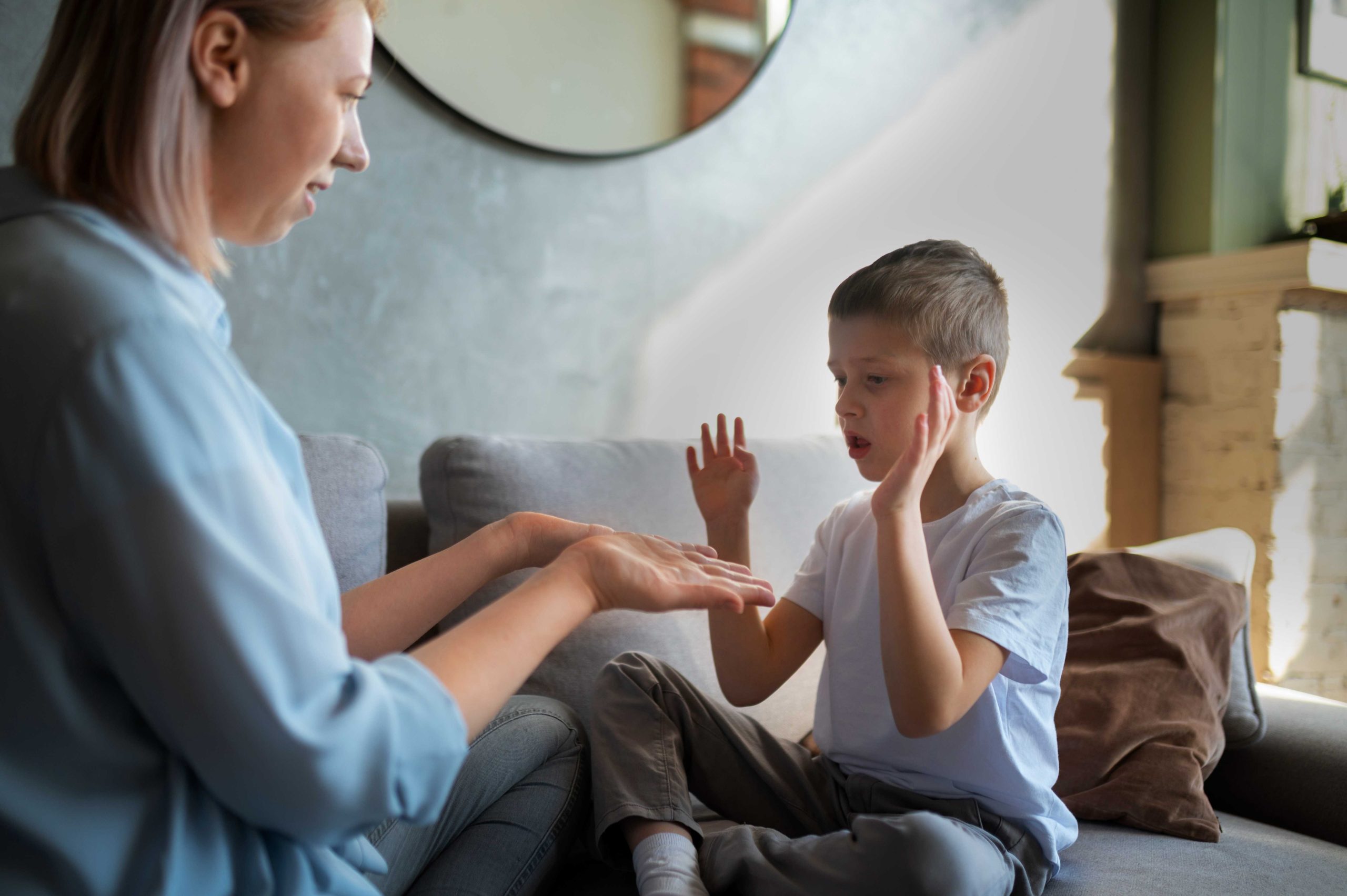
Empowering Preschoolers with Special Needs through Social Cue Recognition Activities
As early childhood educators, it is our responsibility to create inclusive learning environments that cater to the needs of all preschoolers, including those with special needs. One area of focus that is particularly important for this group is social cue recognition. This skill is essential for successful social interactions and lays the foundation for healthy relationships later in life. In this article, we will explore what social cue recognition is and provide some activities that can help empower preschoolers with special needs to master this important skill.
Understanding Social Cue Recognition
Social cue recognition refers to the ability to interpret and respond appropriately to social cues such as facial expressions, body language, tone of voice, and gestures. It is particularly crucial for preschoolers with special needs as they may struggle with social interactions and have difficulty understanding the nuances of social communication. This skill is foundational for building healthy relationships, managing emotions, and developing empathy.
Preschoolers with special needs may face challenges in social cue recognition due to developmental delays, language and communication difficulties, and sensory processing issues. Identifying and addressing these challenges early on is vital to help these children develop the necessary social skills for success.
Activities to Empower Preschoolers with Special Needs
-
Emotion Charades
Emotion charades is a fun game that helps preschoolers with special needs recognize and interpret facial expressions and body language. To play, choose a variety of emotions and write them down on small pieces of paper (e.g., happy, sad, angry, surprised). One child picks a piece of paper and then acts out the emotion while the other preschoolers try to guess what it is.
-
Social Storytime
Social storytime provides an opportunity to teach preschoolers with special needs about social situations and appropriate responses. Select books that feature social interactions and discuss the cues that characters display. Encourage children to ask questions and relate the stories to their own experiences.
-
Feelings Jars
Feelings jars offer a tactile approach to help preschoolers with special needs explore their emotions and recognize those of others. Fill several jars with differently colored water (e.g., red for angry, blue for sad, green for happy) and place them on a table. Encourage children to express their feelings and select a jar that represents their emotion. Discuss the cues associated with each emotion.
-
Social Skills Role Play
Social skills role play is an interactive way to help preschoolers with special needs practice social interactions and develop social cue recognition. Choose various social scenarios (e.g., sharing toys, taking turns) and act them out with the children. Discuss the cues involved in each interaction and encourage children to identify appropriate responses.
-
Emotion Matching Games
Emotion matching games help preschoolers with special needs recognize and interpret facial expressions. Print a set of cards featuring different emotions and place them face down on a table. Children take turns flipping over two cards and trying to match the emotion on each card.
Social cue recognition is a critical skill for preschoolers with special needs to develop. By providing targeted support and engaging in activities that help them recognize and interpret social cues, educators and caregivers can help these children succeed socially and lay the foundation for healthy relationships. Through games, stories, and role play, preschoolers with special needs can gain confidence and skills to navigate social interactions effectively. As educators, it is our responsibility to create inclusive learning environments that meet the needs of all children, regardless of their abilities. By incorporating activities that promote social cue recognition into our curriculum, we can empower preschoolers with special needs to thrive socially and reach their full potential.
It is essential to recognize that every child is unique and may require different levels of support and intervention. Therefore, working closely with families and professionals to develop individualized plans is crucial to meeting each child’s specific needs.
Teaching social cue recognition to preschoolers with special needs can be challenging. However, with the right resources, tools, and support, educators and caregivers can create a safe and inclusive environment where these children can flourish socially.
Moreover, social cue recognition is just one aspect of social communication. Preschoolers with special needs may require additional support in areas such as language and communication skills, sensory processing, and emotional regulation. Therefore, taking a holistic approach to supporting their social development is essential.
Here are some activities for promoting social cue recognition in preschoolers with special needs:
- Play-based activities
- Visual aids
- Music and Movement activities
- Group activities
- Sensory activities
- Storytelling and books
- Social skills groups
- Technology-based activities
- Collaborative problem-solving
- Mindfulness and relaxation techniques
- Peer modeling
- Environmental modifications
- Social-emotional learning programs
- Parent and caregiver involvement
- Positive reinforcement
- Video modeling
- Communication devices


